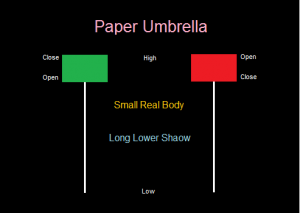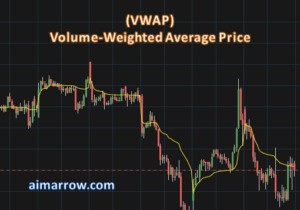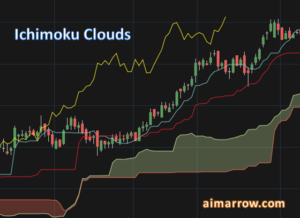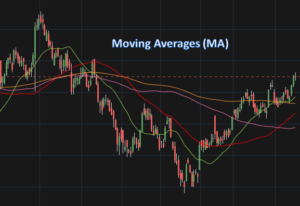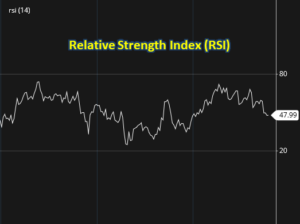Stock Market Participants
Stock market participants can be categorized into companies, investors and traders, stock brokers, stock exchanges, financial intermediaries and the regulators. Let’s take a look at how each of them participate in the stock market.
Companies
Companies from various sectors participate in the stock markets by filing an Initial Public Offering (IPO) and thereby getting listed on the stock exchanges. A company uses the money raised from its IPO to expand the business or to meet the working capital requirements.
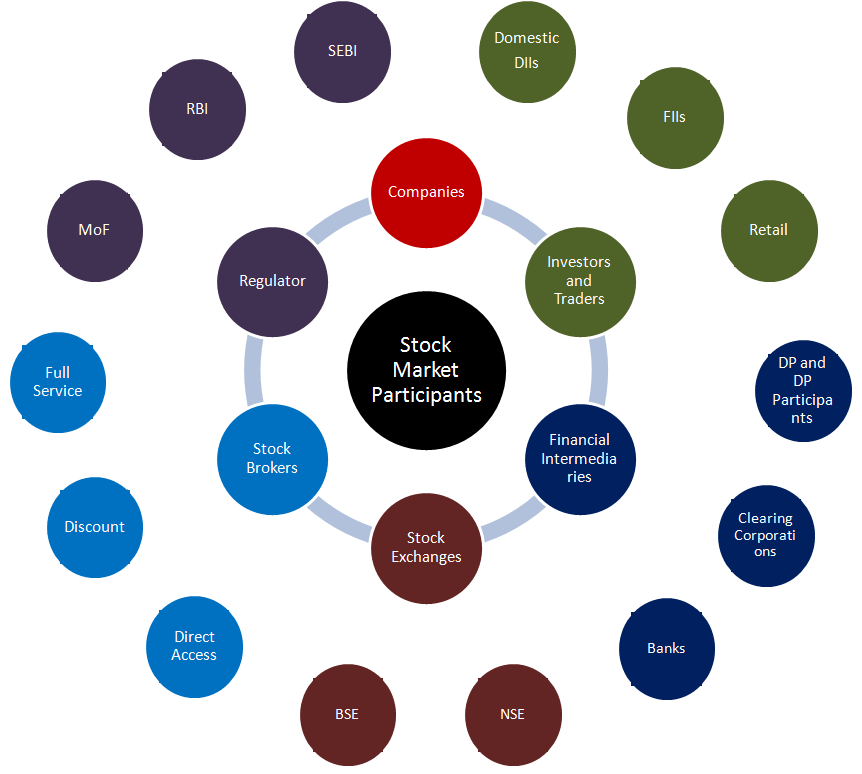
Investors and Traders
The stock market attracts individuals and corporations from diverse backgrounds who transact in stocks or shares. Traders look for short-term gains while investors hold their investment(s) for a long-term. Investors can be categorized into the following:
Domestic Participants
- Domestic Retail Participants like you and me transacting in the stock markets
- Domestic Institutions (DIIs): Domestic institutional investors are those institutional investors which undertake investment in securities and other financial assets of the country they are based in. Example: LIC of India.
- Domestic Asset Management Companies (AMC): AMC is a company that invests funds collected from its clients into securities that match declared financial objective. Examples would be the mutual fund companies such as HDFC AMC, SBI Mutual Fund, DSP Black Rock etc.
Foreign Institutional Investors (FIIs): These are non Indian corporate entities. FIIs could be foreign AMCs, hedge funds and other investors.
NRIs and OCI: These are people of Indian origin but based outside India
Financial Intermediaries
Financial Intermediaries play their role quietly behind the scenes, always complying with the rules laid out by SEBI and ensure an effortless and smooth experience for your transactions in the stock market. Together, these financial intermediaries, interdependent of one another, create an ecosystem in which the financial markets exists.
Depository (DP) and Depository Participants
When you buy a share the only way to claim your ownership is by producing your share certificate. A share certificate is a piece of document entitling you as the owner of the shares in a company.Before 1996 the share certificate was in paper format however post 1996, the share certificates were converted to digital form.
The process of converting share certificate from paper to digital format is called “Dematerialization” often abbreviated as DEMAT. The place where digital share certificates are stored is called ‘DEMAT Account’. Think of DEMAT account as a digital vault for your shares.
A Depository offers DEMAT account services. In India, National Securities Depository Limited (NSDL) and Central Depository Services Limited (CDSL) are the only depositories offering you DEMAT account services.
You cannot open a DEMAT account directly through a Depository but have to do it through a Depository Participant (DP). A DP acts as an agent to the Depository, and helps you set up your DEMAT account. DP is governed by the regulations laid out by the SEBI. The trading account from your broker and the DEMAT account from the Depository are interlinked.
Clearing Corporations
The clearing corporation ensure guaranteed settlement of your trades i.e. it identifies the buyer and seller and match the debit and credit process. Example: If you buy 1 share of Reliance at Rs.900 there must be someone who has sold that share to you at Rs.900. Hence, you will be debited Rs.900 from your trading account and the seller must be credited with Rs.900.
The clearing corporations are heavily regulated and they work towards smooth settlement, and efficient clearing activity. National Security Clearing Corporation Ltd (NSCCL) and Indian Clearing Corporation Ltd (ICCL) are wholly owned subsidiaries of National Stock Exchange and Bombay Stock Exchange respectively. A trader or investor would not be interacting with these agencies directly.
Banks
Banks facilitate funds transfer from your bank account to your trading account and vice versa. However, your bank account must be linked to your trading account to do so.
Stock Exchanges
A stock exchange or securities exchange, is an organization that facilitates listed stock brokers and traders can buy and sell securities. Stock exchanges may also provide for facilities the issue and redemption of such securities and instruments and capital events including the payment of income and dividends. Securities traded on a stock exchange include stock issued by listed companies, unit trusts, derivatives, pooled investment products and bonds.
Stock exchanges often function as “continuous auction” markets with buyers and sellers do transactions at a central location such as the floor of the exchange. Many stock exchanges today use electronic trading, in place of the traditional floor trading. National Stock Exchange (NSE) and Bombay Stock Exchange (BSE) are India’s premier stock exchanges.
Stock Brokers
The stock broker is probably one of the most important financial intermediaries that you need to know. A stock broker or share broker is registered as a trading member with the stock exchange and holds a stock broking license. They operate under the guidelines prescribed by SEBI. Stock broker buys and sells stocks and other securities for both retail and institutional clients through a stock exchange or over the counter in return for a fee or commission. Stock Brokers are usually associated with a brokerage firm or broker-dealer.
Choosing a Stock Broker
There are three types of stock brokers, and the type of stock broker will be defined by the license they hold, the type of securities they sell, or the services they provide. Choosing a stock broker is an important aspect and you as a trader or an investor should choose a stock broker based on your needs. Let us now understand each type of stock broker individually.
Full-Service Brokers
Full-Service Brokers offer largest collection of diversified financial services and usually assign a licensed individual broker to each client. They tend to have their own investment banking and research departments that provide their own analyst recommendations, products and access to initial public offerings (IPOs). Clients have the option of calling their personal broker directly to place trades or use their apps on various platforms including web, desktop and mobile. They usually charge higher commissions or brokerage.
Full-Service brokers have physical offices across various locations. They also offer financial planning, asset management and banking services. In addition to savings and checking accounts many full service brokers provide personal, business and home loans services. Their online platforms tend to have less day trading tools and indicators as they cater more towards long-term investors.
Discount Brokers
Discount brokers when compared to full-service brokers charge very less commission or brokerage on trading of securities. Therefore, scalpers, high frequency traders, swing traders and active investors generally choose discount brokers as they can save lot of brokerage on trades.
Example: Zerodha is a discount broker which charges Rs.20/- on each intraday trade irrespective of number of shares involved in the trade, excluding other statutory charges. They do not charge any brokerage on equity and mutual funds investments. However a full service broker like Kotak Securities charges Rs.0.04 per share, intraday: Rs.0.03 per share, or Rs.21/- per executed order, whichever is higher.
Discount brokers generally do not offer personal consultations, advice, research and tax planning services for customers. However, now-a-days they’ve narrowed the gap with full-service brokers in terms of financial products and services providing independent research, mutual fund access and basic banking products.
Checkout the list of top 10 and all registered discount brokers here.
Direct Access Brokers
Direct Access Brokers also known as Online Brokers, provide advanced trading platforms that focus on high speed order execution. They allow the client to directly route their orders to specific electronic communication networks (ECN), market makers and stock exchanges, where as conventional online brokers usually direct trade orders to centralized trading desk that routes to the firm’s own market makers or other per-determined liquidity providers through per-negotiated order flow arrangements.
These brokers have cut down their costs and increase efficiency by eliminating the role of the third party, which in turn allows them to charge a lower commission than traditional brokers. Most direct access brokers offer a sliding scale per-share pricing model i.e. you pay only for the shares you trade. The more volume you trade, the more your discount can be.
Unlike traditional brokerages, they usually pass through the exchange fees involved in trading to customers. Examples are specialist fees, Electronic Communications Networks fees, exchange modify and cancel fees, clearing fees, regulatory fees etc. Some firms set per-established fee schedules rather than passing on exchange fees directly on a per case basis.
These platforms tend to push research and fundamental analysis functions over pure execution services. Scalpers, high volume algorithmic traders, swing traders and active investors will be beneficial by using a direct access broker.
Regulators
In India, the stock market regulator is called The Securities and Exchange board of India often referred to as SEBI. The objective of SEBI is to promote the development of stock exchanges, protect the interest of retail investors, regulate the activities of market participants and financial intermediaries.
In general SEBI ensures:
- The stock exchanges (NSE & BSE), stock brokers and sub brokers conduct their business fairly
- Participants don’t get involved in unfair practices
- Corporates don’t use the markets to unduly benefit themselves (Example: Satyam Computers)
- Large investors with huge cash pile should not manipulate the markets
- Small retail investor’s interests are protected
- Overall development of markets
A malpractice by any of the entities can disrupt a harmonious market. SEBI has prescribed a set of rules and regulation or legal framework to each entity.

